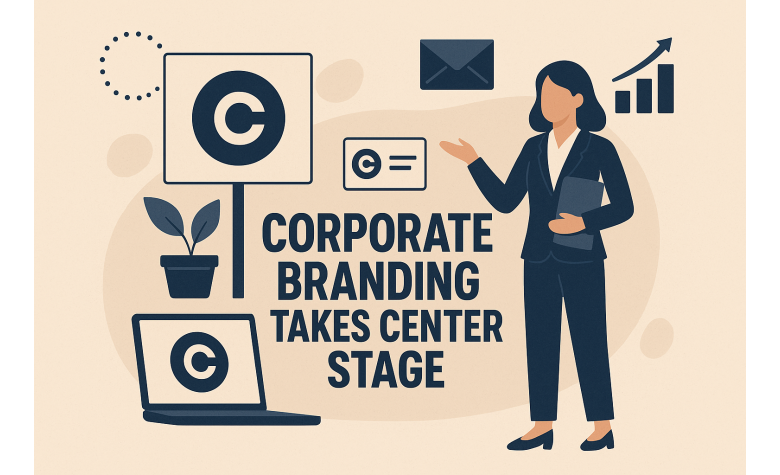Corporate Branding Takes Center Stage

Sponsorship of stadiums has turned from simple identification to high-level business partnerships. Major sports stadiums now make millions from the arrangements. Corporate sponsors compete aggressively for prime positions, creating streams of revenue that transform the business of sports arenas. Internet bookmaking sites and other recreational services, including online venues such as live 1xbet Qatar, are some of the broader commercial ventures surrounding large sporting complexes.
Financial Arrangements and Market Values
Naming rights of a stadium are big corporate investments with measurable returns. Recent deals confirm gigantic financial commitments, where Atletico Madrid has been getting €10 million annually from Riyadh Air until 2033. Stadium naming rights market analysis shows how such partnerships give long-term value propositions to both parties.
Market research reveals expected patterns in the pricing:
- Major metropolitan markets negotiate $15-35 million annually
- Secondary cities receive deals of $3-12 million yearly
- Lower capacity venues typically negotiate $500,000-2 million yearly
- Contract term is usually 15-25 years for continuity
- Rights for digital integration today contribute an additional 20-30% to traditional valuations
Its biggest transaction is Crypto.com's $700 million lease on the former Staples Center, a 20-year transaction. That is approximately $35 million annually, establishing new benchmark rates for premium venues in core markets.
Strategic Brand Integration and Marketing Benefits
Corporate partners see naming rights as complex marketing investments and not simple advertising purchases. Recent studies indicate a 38.6% rise in naming rights partnerships in UK sports for 2022-2023. Companies gain from extensive brand awareness through repeated touchpoints along fan journeys.
Modern-day agreements have digital components that add brand presence beyond physical venues. Digital stadium marketing integration shows how naming rights transactions now entail social media rights, cell phone applications, and name mentions on streaming platforms.
Economic Impact on Local Communities
Rugby Football Union's $100 million naming rights contract with Allianz for Twickenham Stadium is an example of sports associations utilizing naming rights to assist in filling financial gaps, as the RFU had an $8.2 million shortfall prior to the contract. Such associations have far-reaching economic ripple effects beyond the venues.
Stadium naming contracts influence local business development and tourism patterns. Research indicates that high-profile naming agreements can increase regional commerce by 8-15% during major events. Corporate associations are likely to translate into improved market positions and increased property values.
Latest Market Trends and Future Directions
North American sports have the highest levels of adoption, with 97% of NFL and NBA teams having ongoing naming rights deals, in contrast to 94% in NHL, 90% in MLS, and 77% in MLB. European markets are decidedly more constricted in adoption.
Manchester United's consideration of title sponsorship bids for Old Trafford redevelopment indicates the manner in which the traditional stadia now balance commercial potential, with Snapdragon rumored to include the stadium rights within its existing jersey sponsorship. Market forces continue to drive previously resistant organizations toward commercial partnerships.
Revenue Maximization and Long-Term Strategic Planning
NFL naming rights sponsorship agreements have increased 81% in the past decade, a reflection of increased demand as well as increased value offers. Clubs use these non-cancellable revenues to invest in operating enhancements, player signings, and facility improvements.
Corporate negotiations have become more sophisticated, with contracts involving performance provisions, exclusivity protections, and renewal options. Legal teams write agreements that account for changes in market forces and technology over decades.
The data suggests naming rights values will continue to rise across most of the major markets. Price pressure increases as business houses fight for best-venue access, and some recent transactions have well outpaced traditional valuation models. The trend shows both the proven success of stadium partnerships and the growing importance of experiential marketing in company strategy.
Stadium naming rights have revolutionized sports facility finance. The economic foundation of such arrangements is highly secure, with corporate sponsors ever seeing the arrangements as appealing advertising investments that yield measurable returns in terms of extended brand exposure and direct fan access opportunities.